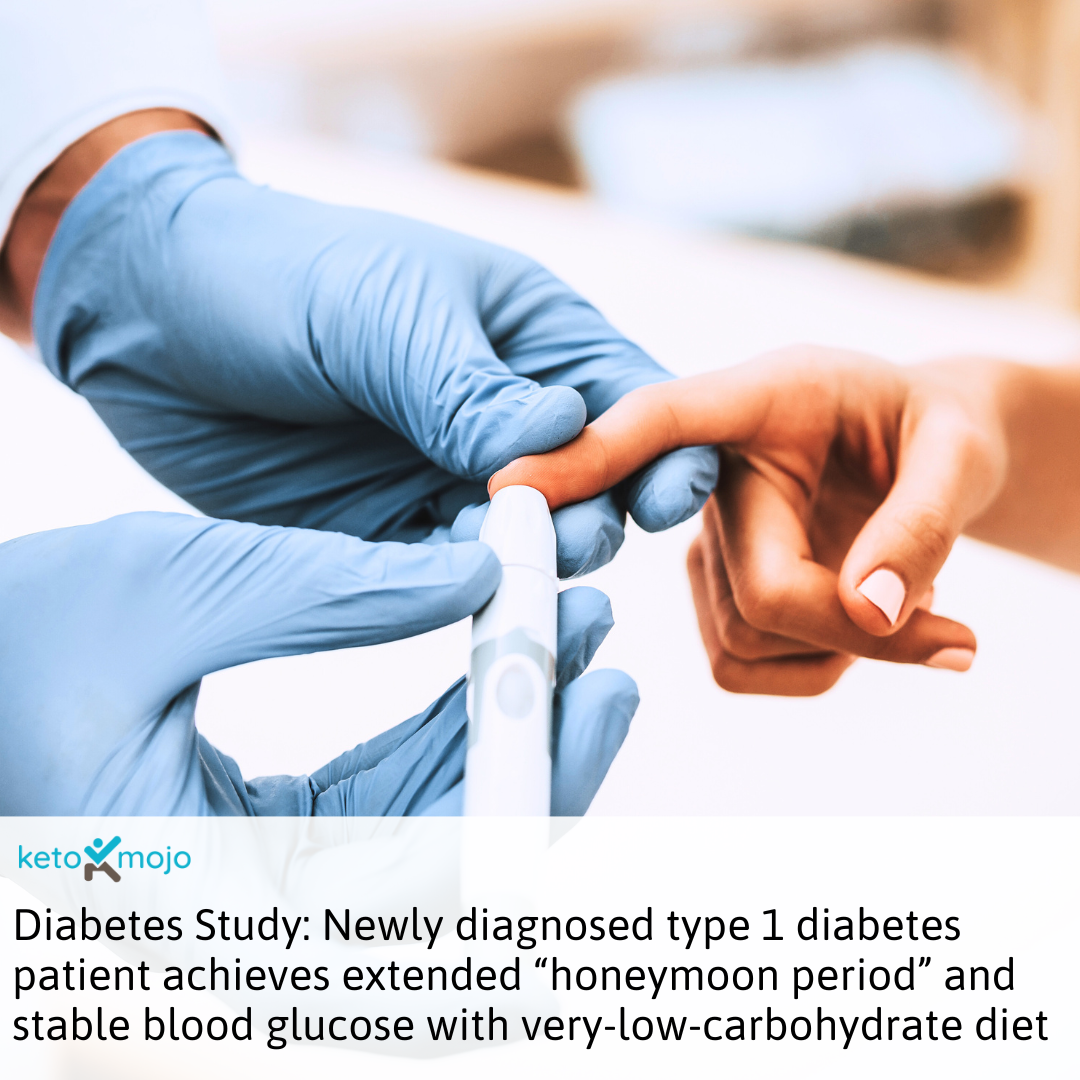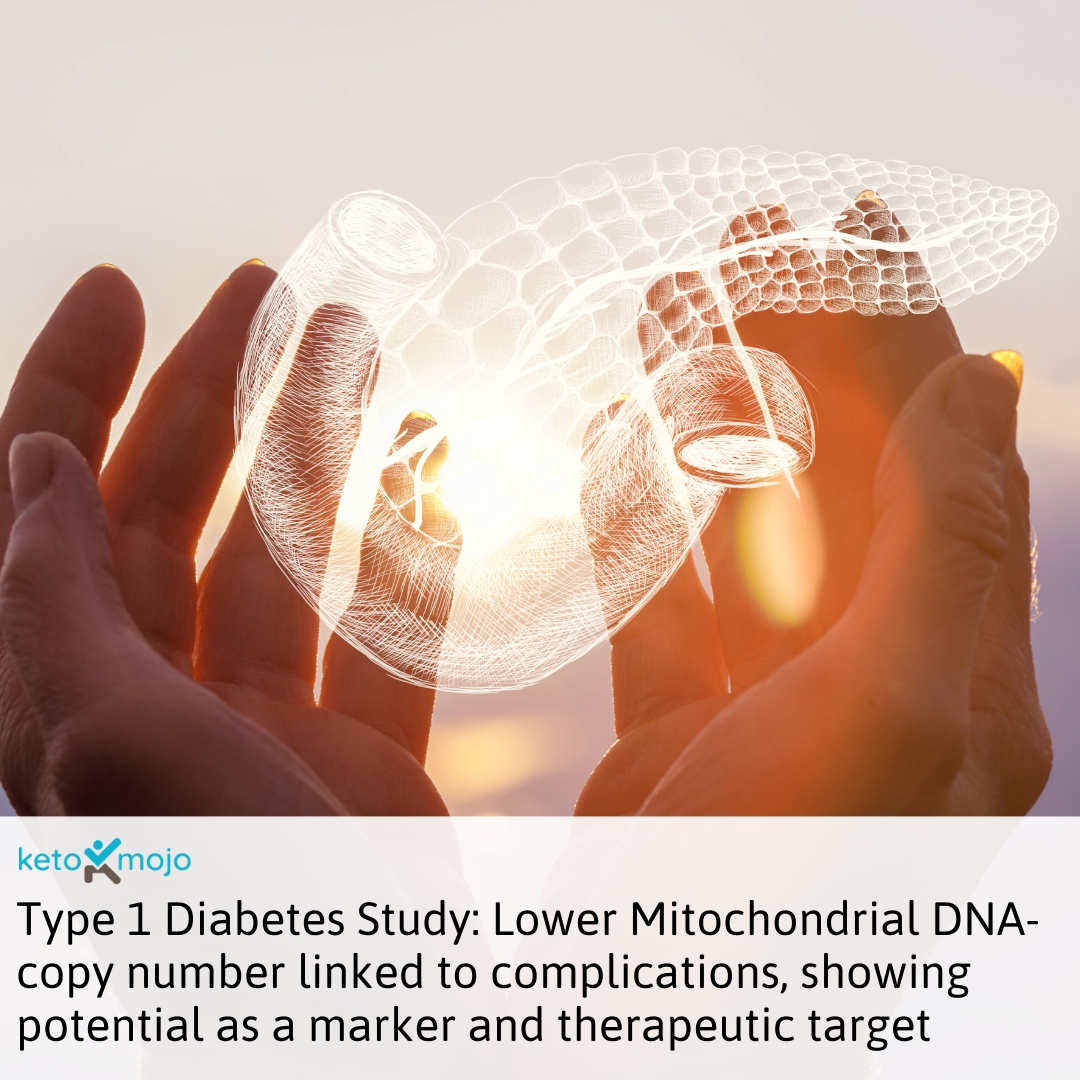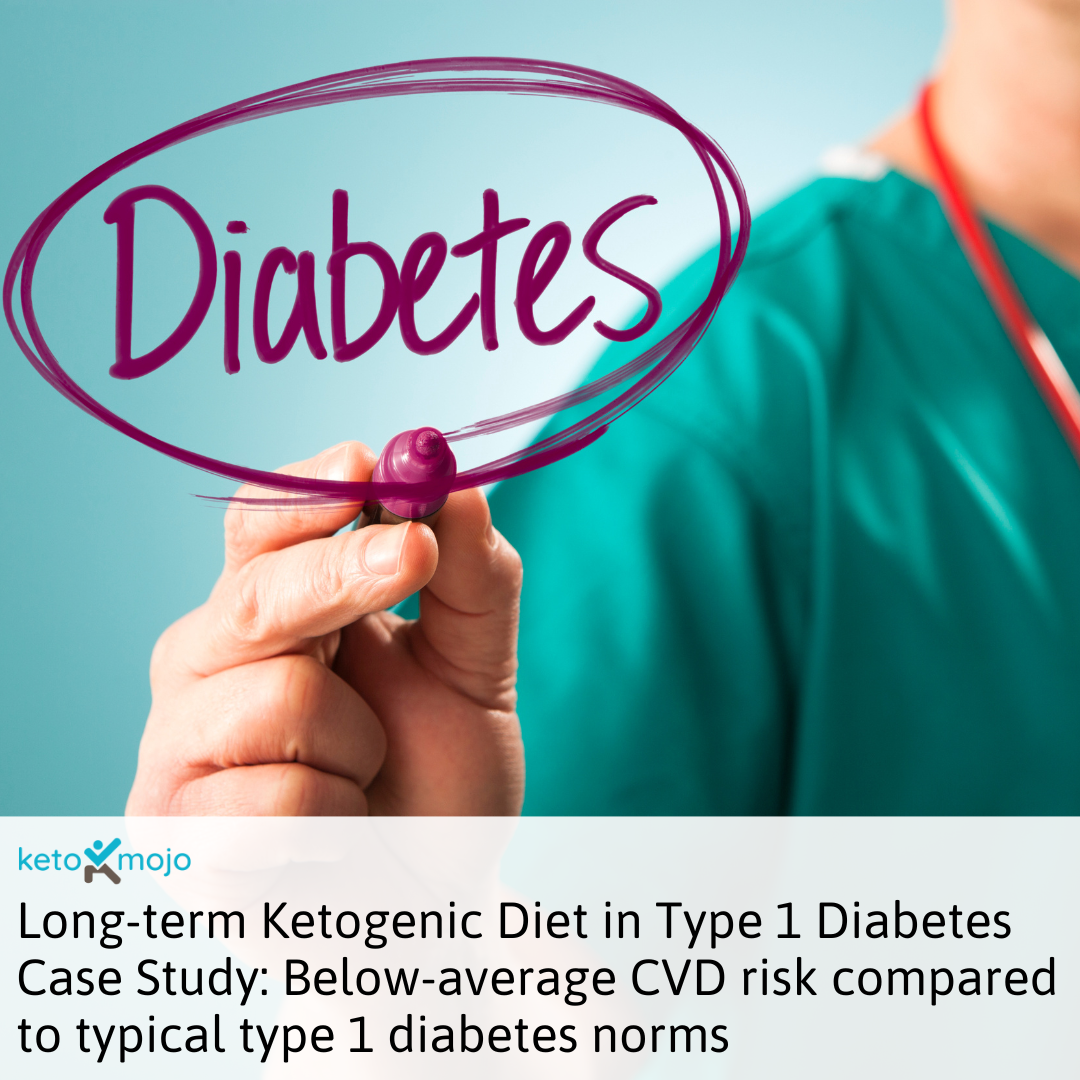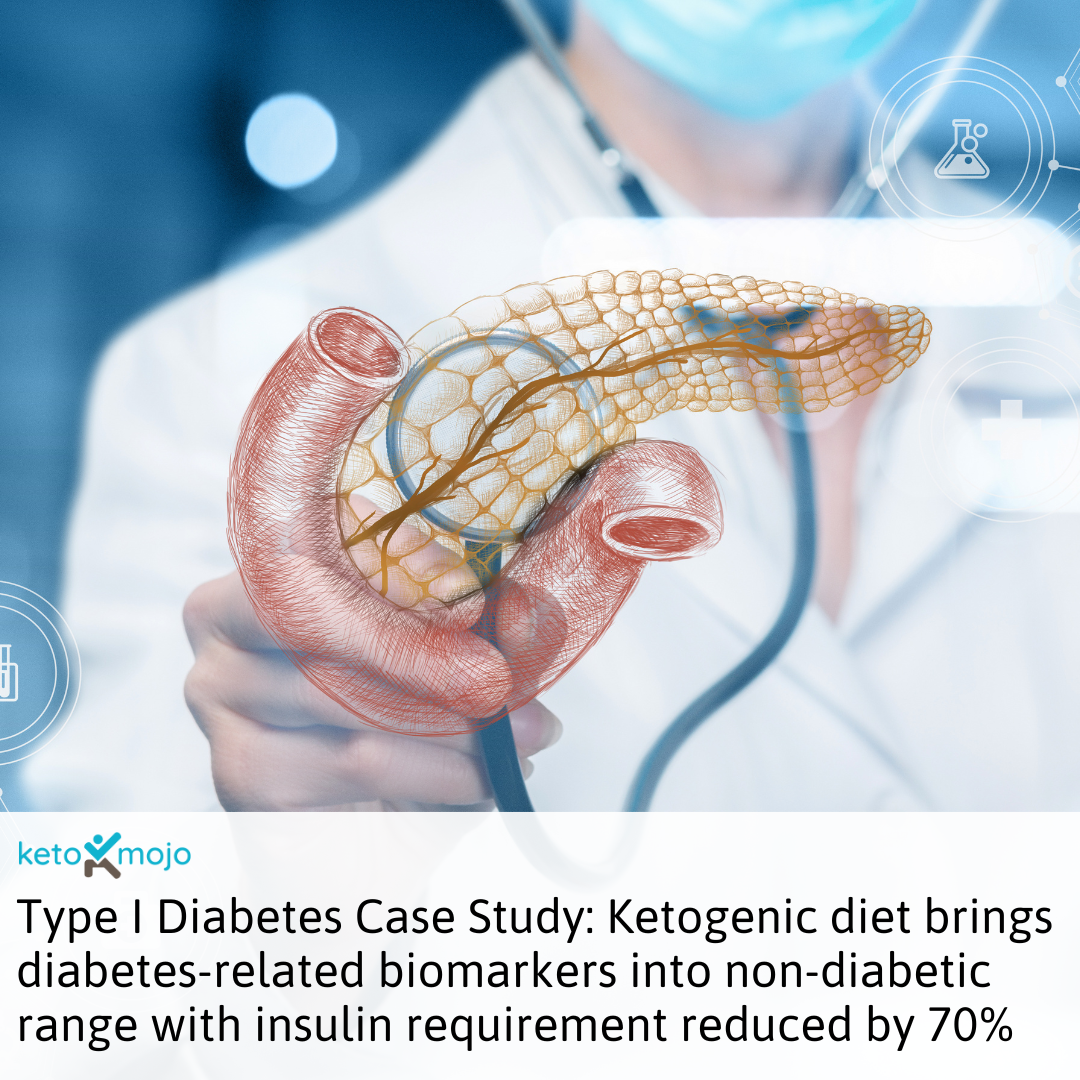Diabetes
Prolonged remission followed by low insulin requirements in a patient with type 1 diabetes on a very low-carbohydrate diet

While insulin therapy has dramatically improved life expectancy for people with type 1 diabetes (T1D), blood sugar control remains challenging. For this reason, there has been growing interest in low-carbohydrate diets for improving blood glucose levels and reducing insulin requirements.
A case report detailed the experience of a 37-year-old man newly diagnosed with T1DM who adopted a low-carbohydrate diet shortly after diagnosis. Although he had rapid improvements in blood glucose levels and HbA1c after starting insulin therapy, he was concerned about glycemic variability and hypoglycemia. After doing his own research, he began following a low-carb diet of 85–100 grams of carbohydrates per day, which he gradually reduced to around 15 grams per day.
Results:
- HbA1c improved from 11.6% at diagnosis to 6.2% within 11 months of starting the low-carb diet.
- Insulin requirements were minimized. The patient achieved temporary insulin-free remission for over a year. His current dose is approximately 2 units of rapid-acting insulin daily, 6.5 years post-diagnosis.
- Blood glucose levels have been well-controlled with minimal variability, and no hypoglycemic episodes were reported.
- Beta-hydroxybutyrate concentrations, indicating ketosis, have remained at safe and stable levels between 0.3 and 1.2 mmol/L.
This case report suggests that very-low-carbohydrate diets may extend the “honeymoon period” of T1DM and lead to stable blood glucose control with low insulin requirements after temporary remission ends. However, the researchers state that further studies are needed to understand long-term safety and outcomes.





